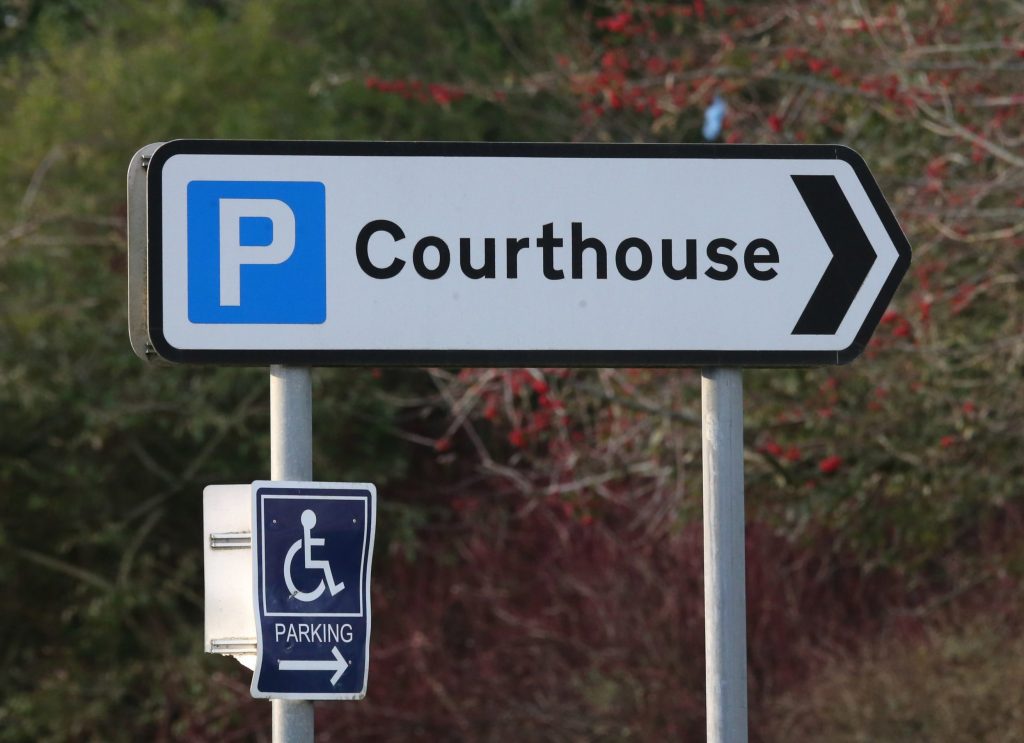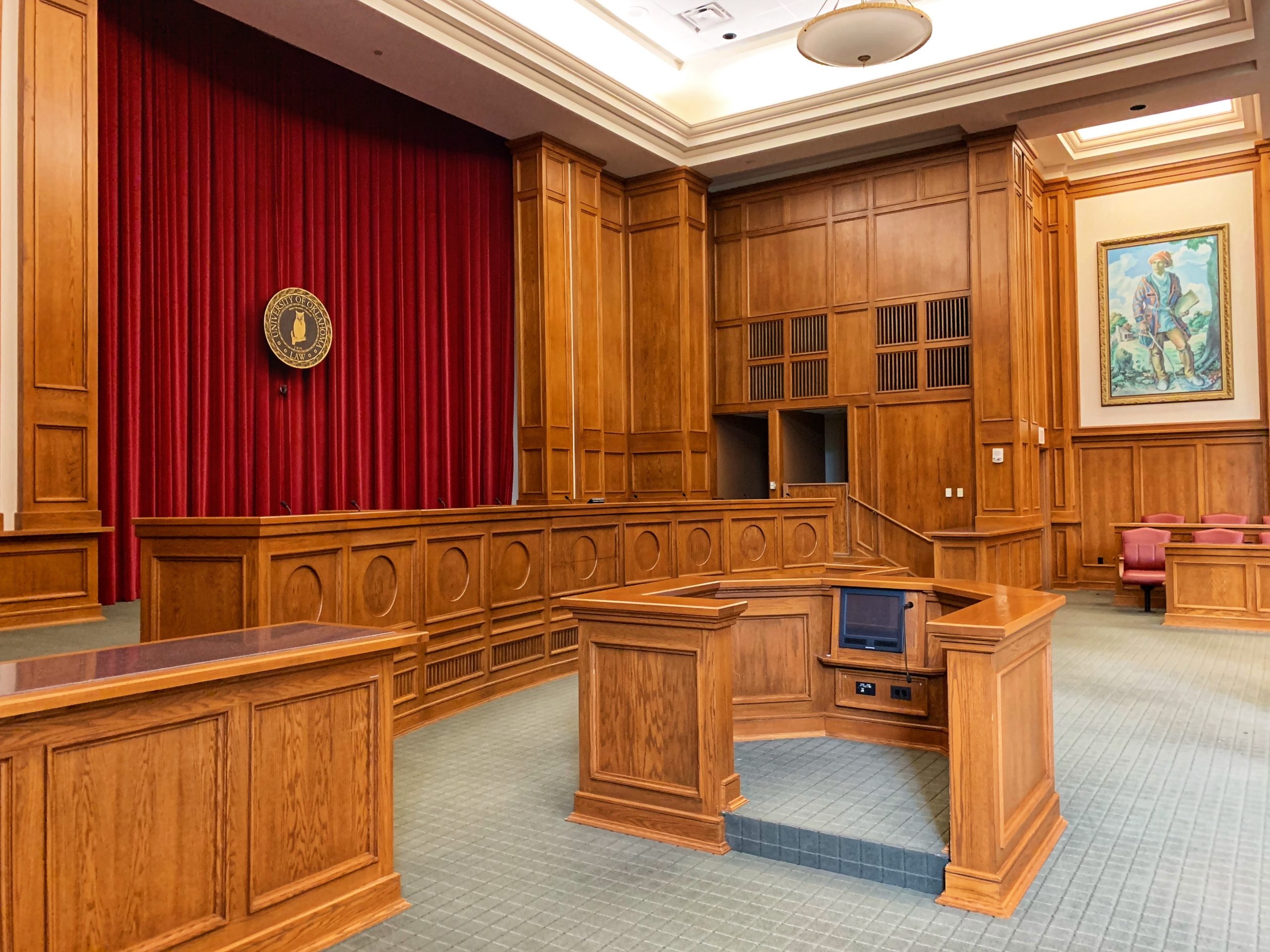If face criminal charges, you’ll go through a criminal case. A criminal case is different than a civil case. In a criminal case, the government is the plaintiff, and you are the defendant. In a civil case, a private party is the plaintiff, and you are the defendant. Even though civil and criminal cases are separate concepts, they are related.
What are the differences between civil and criminal cases?
Civil cases and criminal cases are completely separate. In a civil case, one party sues another party. As an example, if Jane Doe wanted to sue her husband, John Doe, for negligence, she could file a civil lawsuit. The case would be called “Jane Doe v. John Doe.” Jane would have to prove her negligence claim by a preponderance of the evidence. This means she must show that it is more likely than not that John acted in a negligent way that caused her damages.
But, in a criminal case, the government brings charges against someone. Using the same example, prosecutors could charge John with assault or domestic violence. That case would be called “People v. John Doe” or “State v. John Doe.” Prosecutors would have to prove that John assaulted Jane beyond a reasonable doubt. This standard is not impossible to meet. But it is much higher than what Jane would have to prove in a civil case. Jane would also likely be a witness in a criminal case, but she would not be a party.
Civil and criminal cases are different when it comes to their results, too. In a civil case, if the plaintiff wins (Jane), she can collect money damages from the defendant (John). Most of the time, these damages are only the amount the plaintiff paid for things like medical bills. But, sometimes, damages can also include “punitive damages,” which punish the wrongdoer. If the plaintiff wins (the prosecutor) in a criminal case, the defendant (John) could go to prison. The court may also order John to pay restitution. In most cases, this would mean that he must pay Jane for costs she incurred (like medical bills).

How are civil and criminal cases related?
Civil cases and criminal cases are completely separate. In some states, they even take place in separate courthouses. But that does not mean they don’t impact one another. The main way civil and criminal cases are related deals with the impact of a criminal case on a civil case.
Imagine you a jury or a judge convicts you of a crime. You will face a punishment for that crime in your criminal case. The judge could put you on probation or even send you to prison. The judge could also order you to pay restitution. Depending on the circumstances, that restitution amount could be thousands of dollars.
But, after your criminal case, the victim of your crime could also file a civil case against you. If a judge or jury found you guilty (or you pleaded guilty), the victim can use that verdict against you in a civil case. In fact, you won’t be able to argue for a different outcome in the civil case at all. This is because you are “estopped” from doing so.
Altogether, it can feel like you lose two cases (one criminal and one civil) every time you lose a criminal case. It is the impact of a criminal case on a civil case that often leads some to plead no contest to charges. That way, a victim can’t use a guilty plea against them later.
The Takeaway:
Civil cases and criminal cases are separate, but they are also related. Criminal cases are harder to prove. But, if the prosecutor proves your guilt or you plead guilty, a victim can use it against you in a later civil case.






